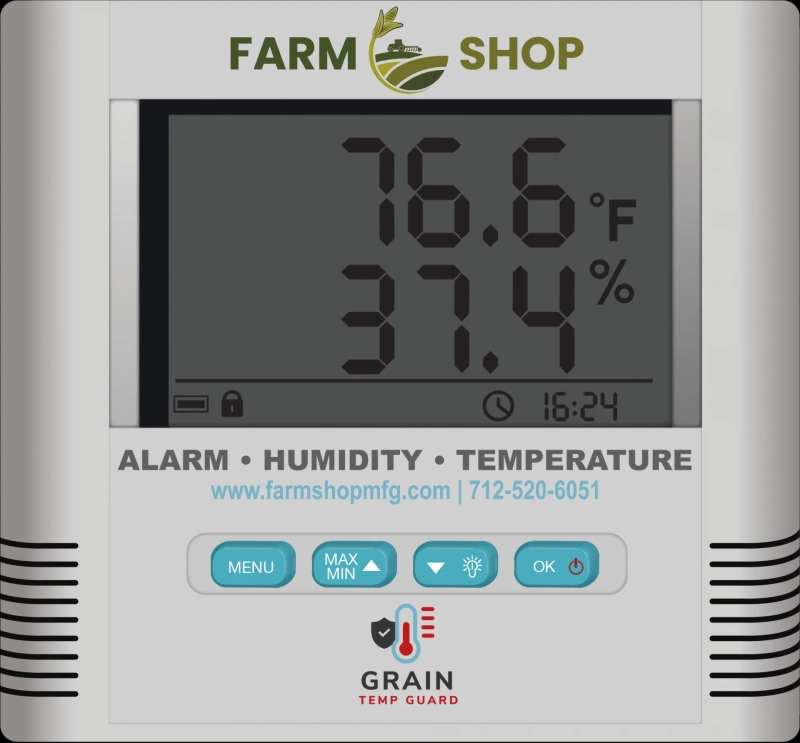Modern agriculture has undergone dramatic change over the last several decades, from traditional methods and intuition used by farmers, to modern tools such as moisture monitoring systems that help ensure crop health and increase yield.
Soil Moisture and Crop Health
Soil moisture is an integral factor of plant health. Plants draw most of their water from soil sources, so the amount available impacts growth, nutrition and resistance to disease. Too much moisture may drown roots leading to root rot while too little can result in dehydration and decreased nutrient uptake - maintaining an appropriate soil moisture level is therefore crucial for optimal crop health.
Moisture monitoring systems play a vital role in helping farmers keep an eye on the soil moisture content in real time, and take immediate steps to maintain appropriate levels. These tools offer real-time insights into water content in soil samples so farmers can take timely actions that ensure appropriate levels are maintained.
Moisture Monitoring Systems Have Many Advantages. Here Are Their Benefits.
Optimized Water Utilization: Over-irrigation wastes both time and resources; further damaging crops as a result. By employing moisture monitoring systems, farmers can deliver just the right amount of irrigation, conserving resources while simultaneously improving crop health.
Increased Yield: By maintaining optimal soil moisture levels, plants can thrive and produce higher yields - translating directly to increased profits for farmers.
Disease Prevention: Excess moisture often results in the proliferation of harmful fungi and bacteria in soil, thus increasing chances for plant diseases. By closely monitoring moisture levels and controlling them effectively, farmers can significantly lower those risks.
Data-Driven Decisions: In today's age of information, making informed decisions using concrete data is paramount for success. Moisture monitoring systems offer farmers with crucial insights, helping them make educated choices regarding irrigation and other farming practices.
Implementation of Moisture Monitoring in Modern Farms
Implementing moisture monitoring systems on modern farms is fairly simple. A typical system consists of sensors placed at different depths in the soil that measure moisture content before relaying this data back to a central system - often wirelessly - for remote monitoring and management by farmers via smartphones or computers.
Over time, as data accumulates, farmers can even predict the moisture needs of their crops based on factors like weather forecasts, crop type and stage of development - this allows for even more precise water management.
Conclusion: Looking Ahead with Farm Shop MFG, LLC
In modern agriculture, staying ahead requires keeping abreast of emerging technologies. Moisture monitoring systems are not simply technological solutions - they play an essential role in maintaining crop health, optimizing resources and increasing yield.
Farm Shop MFG, LLC is dedicated to supporting farmers as they navigate this challenging journey with innovative solutions for sustainable and fruitful agriculture.


